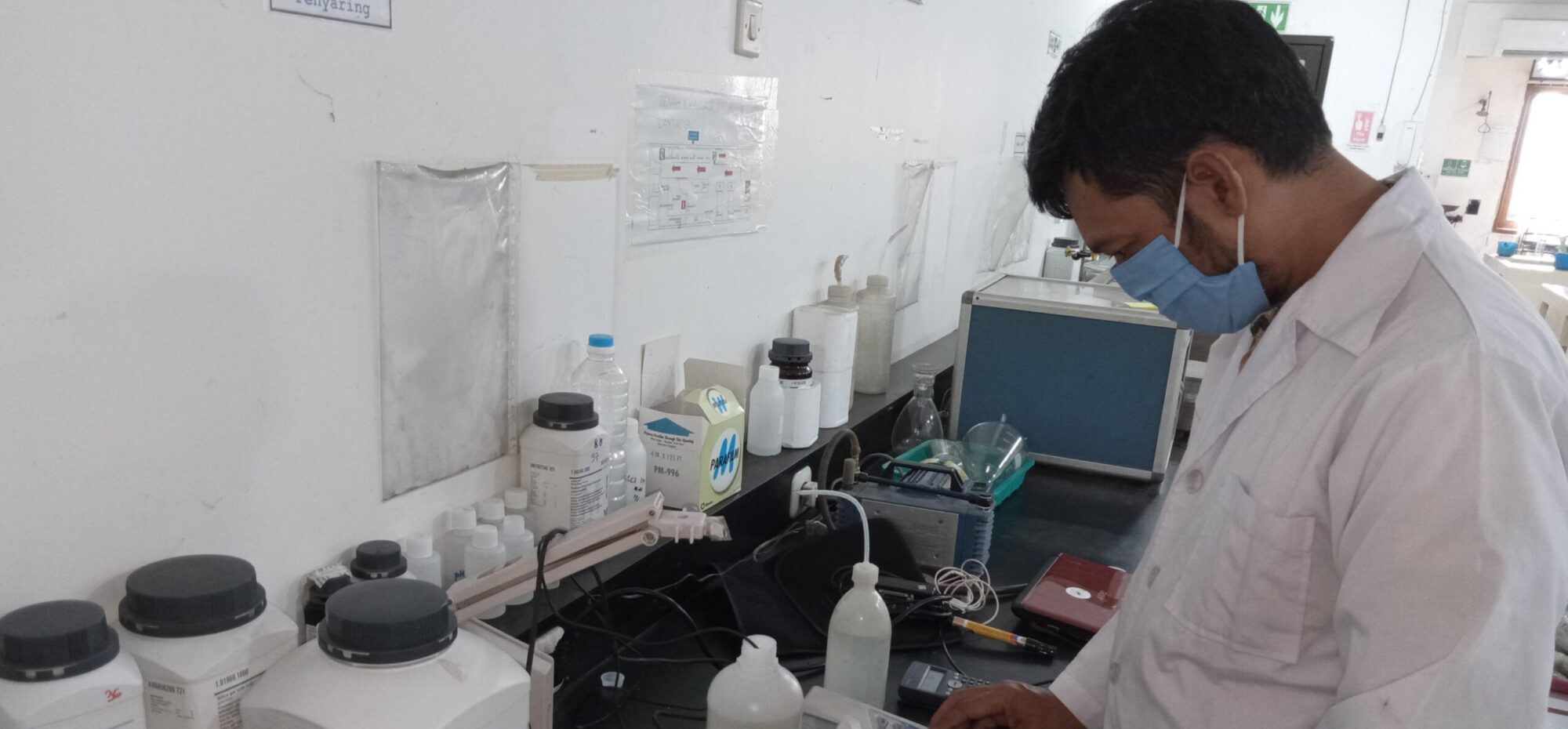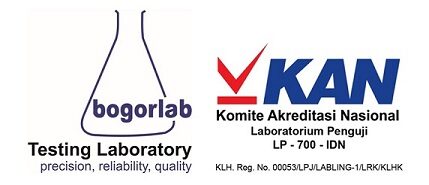Palm oil and biodiesel in Europe – where are we now?
Bioenergy
In Bioenergy / By GAR / 1,437 views / Posted: January 9, 2020
There is so much in the news about European countries and palm oil producing countries at loggerheads. Is the EU really banning palm oil?
This point is often misunderstood. There is no ban of palm oil or of any of its derivatives. European food companies can still buy palm oil, European personal care and cosmetics producers can still use palm derivatives. Even European biofuel refineries can continue to source palm oil and blend it with diesel to make biodiesel.
Then what is the fuss about?
In 2018 the EU concluded their Renewable Energy Directive for 2021-2030. In the directive, each member state is given carbon emission reduction targets in energy and transport. Relevant to transport, the EU has been promoting the use of biofuels as long as they reduce carbon emissions, compared to fossil fuel.
However, due to palm oil’s association with deforestation, the EU considers palm oil a high risk emitter of greenhouse gases. Based on this consideration, the EU believes the use of palm oil undermines the intent behind the use of low-carbon biodiesel. It has decreed that member states must phase out their claims of emissions reductions linked to the use of palm oil-based biodiesel by 2030.

Still complicated? Let’s use the frequent flyer programme as an analogy. Say you are a member of Star Alliance and, for some reason, Lufthansa’s service levels drop resulting in their expulsion. You can still fly Lufthansa but now their mileage points do not count towards your Krisflyer status. Similarly, EU member states can still use palm oil-based biodiesel; however, starting 2030 this consumption will just not count towards achieving their climate targets.
Not all palm oil is the same
Through the Delegated Act of 2019, the EU is considering regulations to exempt certain palm oil from the 2030 phase out. It has commissioned a consultancy to explore the concept of low Indirect Land Use Change (ILUC) risk palm oil. Biodiesel based on certified low ILUC risk palm oil may be considered as a low-carbon fuel and then count towards member states’ climate targets.

The idea behind low ILUC risk palm oil is to address the following challenge: Can palm oil for biofuel be produced with a low carbon footprint and without sacrificing palm oil for food production? So even though the precise certification definition isn’t ready yet, we can roughly identify what criteria low ILUC risk palm oil need to fulfil:
- Palm oil plantation is developed on abandoned or unused land;
- Palm oil volume results from yield improvement measures that cannot be linked to palm oil production for food;
- If palm oil product originates from smallholders, the plantation size must be less than two hectares.
The consultancy is tasked with fleshing these criteria out into terms and conditions that the industry understands, and can be audited and certified.
While the precise technical definition of low ILUC risk palm oil and the criteria for certification are only due in June 2021, they have already begun to impact palm oil actors decision making today.
What is the impact?
Despite the fact that the phase out is more than a decade away in 2030, its impacts can already be felt at all levels of the palm oil industry.
At the national level, the Indonesian and Malaysian governments have been accelerating regulations to reduce its dependency on overseas markets by increasing the mandate for domestic biodiesel. In 2020, the government will advance the biodiesel programme from B20 (20 percent palm oil, 80 percent diesel) to B30, thereby raising demand for palm oil domestically.
For businesses and smallholders, it is unlikely that the new requirements will be easy to implement. Already, existing sustainability certifications, such as RSPO and , are time-consuming and resource-intensive. Given how the EU already requires ISCC certification for palm oil used in biofuels, moving forward, the new requirements will require even more efforts. For instance, to determine abandoned or unused land will require extensive and expert satellite imagery analysis.
Unsurprisingly, smallholder groups and business associations have called on the government to push back on the EU. This past December, the government lodged a grievance against the EU at the World Trade Organisation. The story is still unravelling, and if left unresolved, there is risk of a trade war. GAR is still working to change mindsets by demonstrating through our operations and supply chain transformation efforts that palm oil can be a solution to global challenges, not a problem.
Want more on biodiesel? Check out our other blogs on the topic here.

